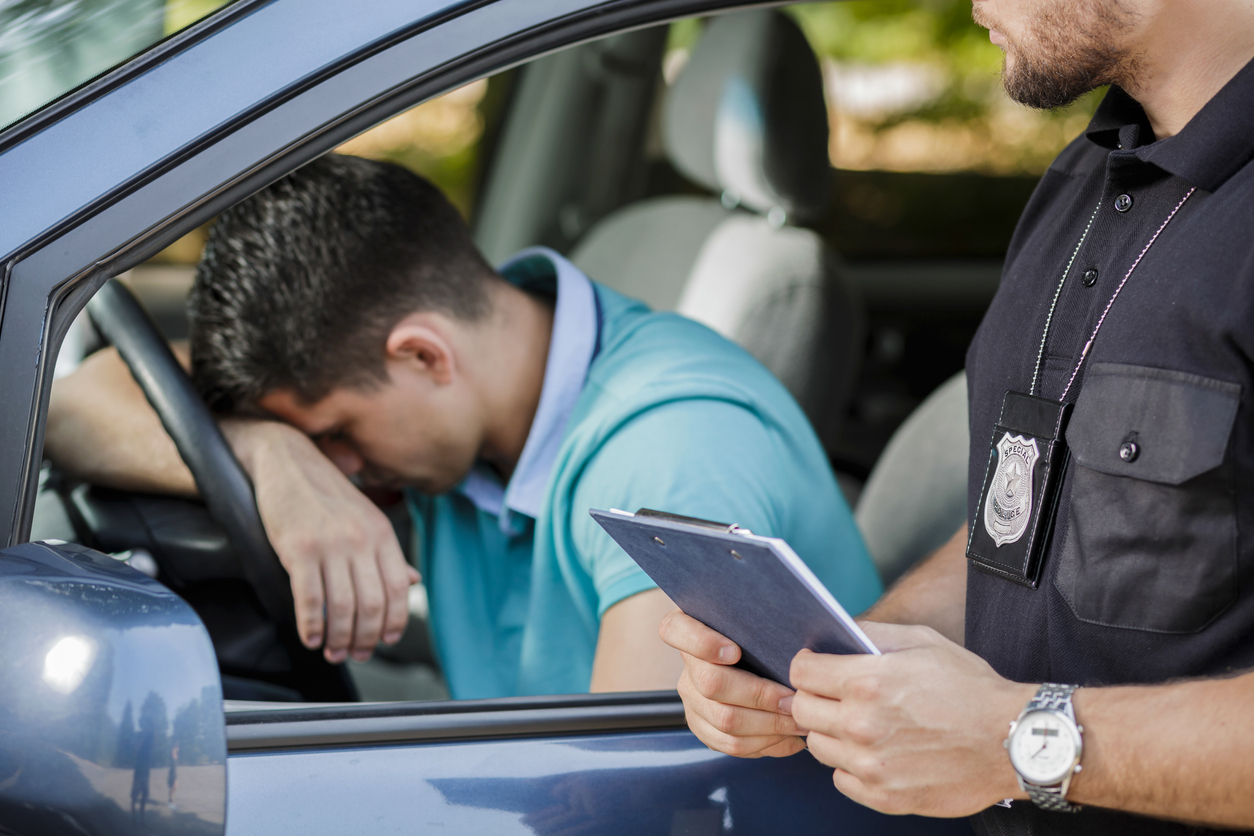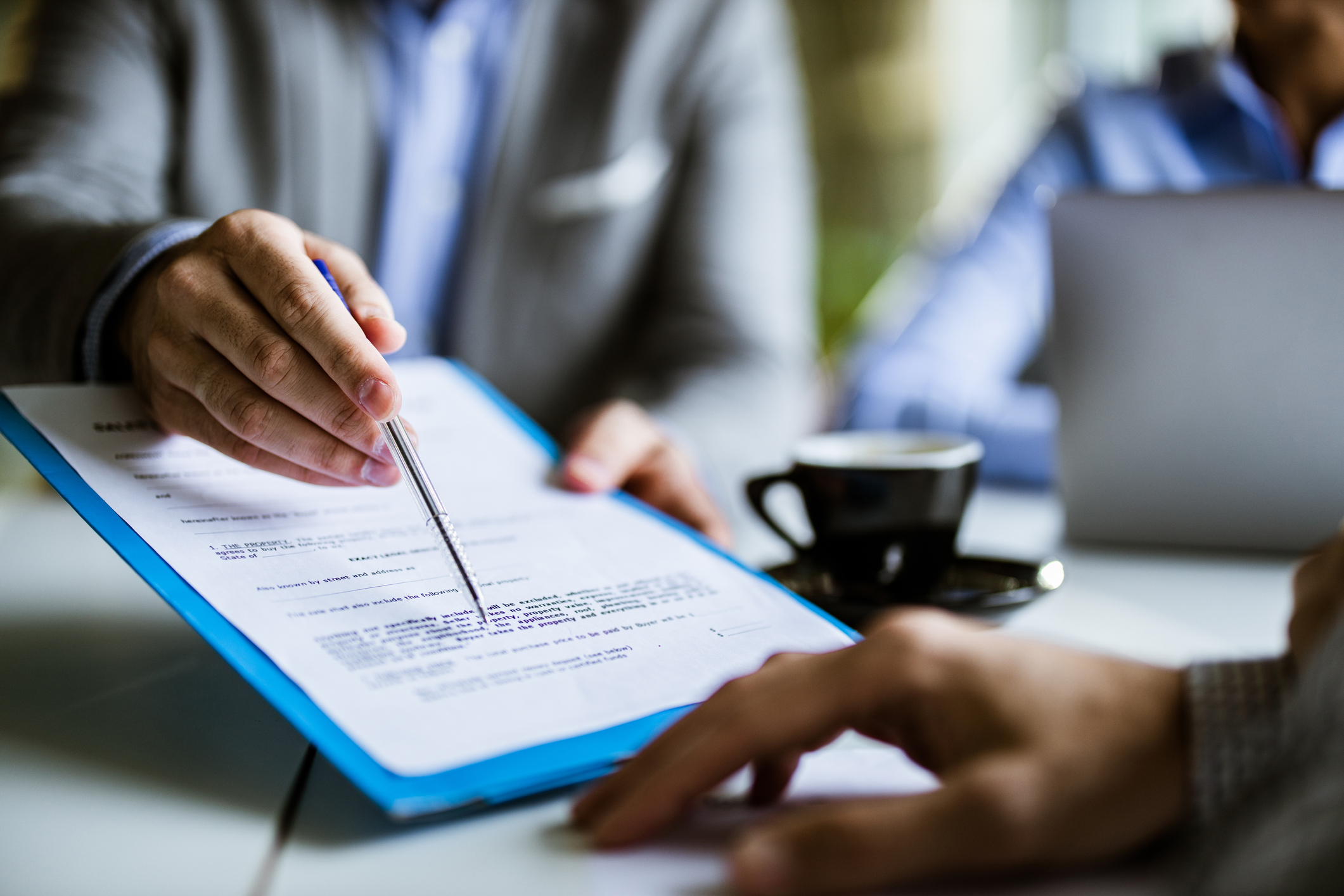Bicycling is a popular form of transportation, recreation, and exercise that offers numerous benefits, including environmental sustainability and health improvements. However, it’s not without its risks. Traffic accidents involving bicycles can result in serious injuries or fatalities, often due to the negligence or carelessness of motorists. When such events occur, it’s important for victims to understand their rights and the potential for legal recourse.
We recognize the complexities involved in bicycle accidents, from navigating local traffic laws to dealing with insurance companies. In these situations, securing a knowledgeable bicycle accident attorney is crucial. These legal professionals specialize in representing cyclists who have been injured on the road, ensuring that their clients receive the compensation they deserve for medical expenses, lost wages, and other related damages. Learn more about bike accident attorney
Our role is to advocate for your best interests. We have the expertise to assess the specifics of the accident, gather evidence, and develop a strong case on your behalf. We also understand the emotional and physical toll an accident can take on an individual and their family, which drives us to provide compassionate yet steadfast representation throughout the legal process. With a dedicated bicycle accident attorney, cyclists can have peace of mind knowing that they have skilled support in their corner, fighting for their rights and well-being.
Table of Contents
Understanding Bicycle Accident Law
In bicycle accident law, key factors include establishing fault and understanding how state laws influence a case. We will explore essential considerations in determining liability and the role of state-specific biking regulations.
Determining Fault and Liability
In the event of a bicycle accident, we must assess negligence to establish fault. This process involves evaluating the actions of everyone involved against what a reasonably prudent person would have done in similar circumstances. If a driver, cyclist, or pedestrian failed to exercise reasonable care, they could be held liable.
- Driver’s Duty of Care: Drivers are required to obey traffic laws, maintain attention, and avoid distractions. Failure to do so can result in their negligence.
- Cyclist’s Duty of Care: Cyclists must adhere to the same traffic laws as motorists. Signal use, right-of-way compliance, and proper lane use are common considerations.
- Comparative Negligence: Some jurisdictions apply comparative negligence, affecting the distribution of fault and, consequently, damages.
State Bicycle Laws and How They Affect Your Case
State laws significantly influence bicycle accident cases. We must consider the specifics, which vary across states, such as helmet use regulations, rights to the road, and cycling under the influence.
- Helmet Laws: Some states mandate helmet use for all or certain age groups, potentially affecting injury claims.
- Bicycle Lane Usage: The presence of bike lanes and the cyclist’s adherence to their use can impact fault determination.
- Riding Under the Influence: Cycling while impaired is illegal and can heavily sway a case in terms of liability.
Each element of state law can shift the outcome of a bicycle accident case. It is critical to align the case’s specifics with the pertinent state regulations to appropriately navigate the legal proceedings.
Navigating Your Bicycle Accident Claim
When navigating a bicycle accident claim, we emphasize the importance of immediate action, detailed documentation, and effective communication with insurance entities.
Steps to Take After a Bicycle Accident
Right after an accident, we must prioritize safety and legal considerations. Our first step is to seek medical attention, even if injuries seem minor. Next, we should contact the police and ensure an accident report is filed as it serves as an official record. It’s crucial to collect contact and insurance information from all parties involved.
- Seek Medical Attention: Document all injuries and keep records.
- Contact Police: Ensure a detailed accident report is filed.
- Exchange Information: Get contact and insurance details from all involved.
How to Document Your Case
Documenting the case thoroughly bolsters the strength of our claim. We must take photographs of the accident scene, our injuries, and any damage to our bicycle. It’s also important to gather statements and contact details from witnesses. Maintaining a file with all related documents, such as medical bills and correspondence with insurance companies, is vital for reference and evidence.
- Photograph Everything: The scene, injuries, and bicycle damage.
- Witness Statements: Secure names and contact details.
- Keep Records: Organize all related documents in one file.
Dealing with Insurance Companies
When dealing with insurance companies, we must be cautious and deliberate in our communications. We should report the accident promptly but avoid giving detailed statements or accepting settlement offers without consultation. It’s essential to understand our policy and the coverage extent. We must read all correspondence from insurance companies thoroughly and respond appropriately.
- Prompt Reporting: Notify insurers of the accident quickly.
- Consult Before Statements: Speak with an attorney before extensive discussions.
- Understand Policy Coverage: Know what our insurance policy covers.

















